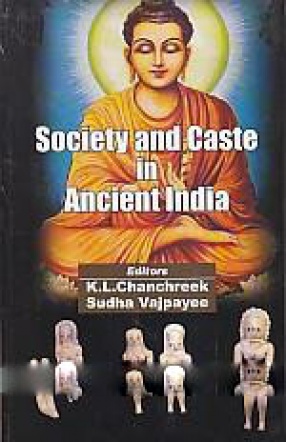
K.L. Chanchreek

40 books

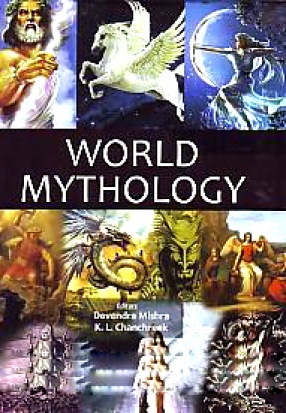
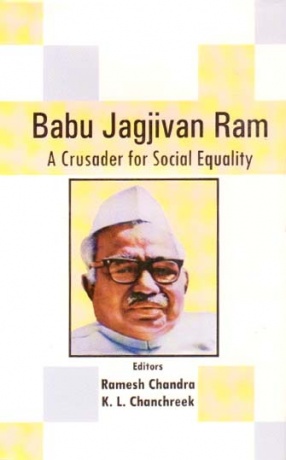
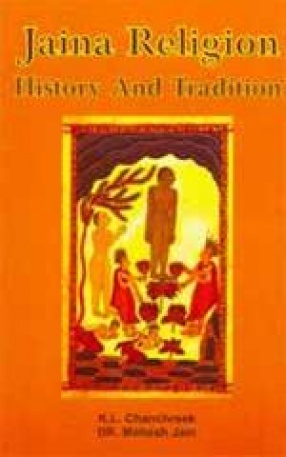

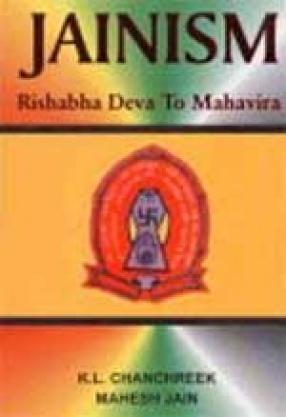
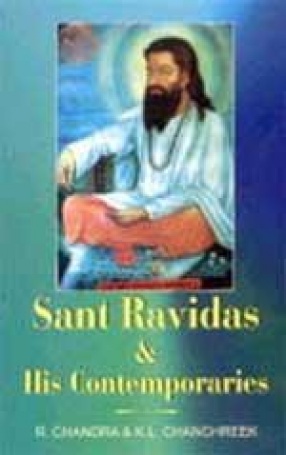
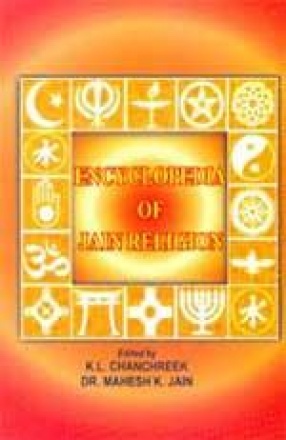

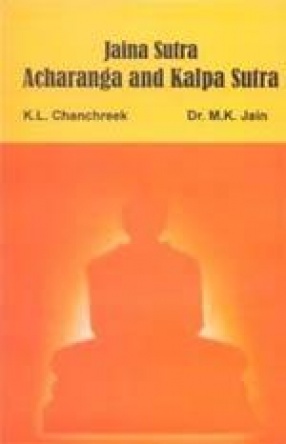

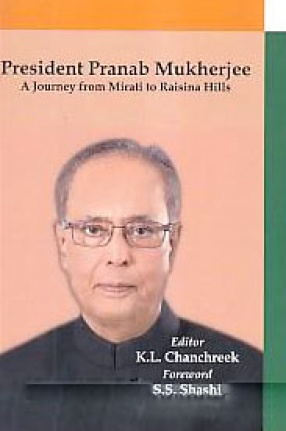


Babu Jagjivan Ram was one of the topmost political figures of the pre and post independence era and known in the history as a builder of modern India. He was a great social rebel and radical thinker who fought for the liberation of the millions of marginalised sections of society, including the untouchables, the Shudras the agricultural labour out of social isolation, slavery, serfdom and discriminations. The present publication Babu Jagjivan Ram: a Crusader for ...
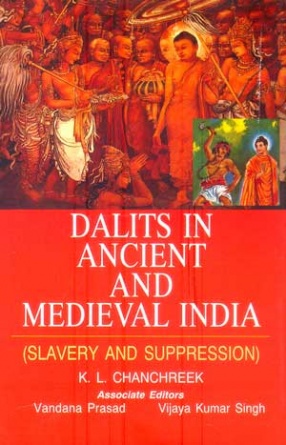
The present comprehensive and systematic study ‘Dalits in Ancient and Medieval India’ is intended mainly to trace and focus on the plight and suppression of the Untouchables and the degraded Shudras covering a period of 3000 years.From Vedic to beginning of the Buddhist era the defeated race of Non-Aryands, ignored and suppressed, with degraded nomenclatures lived as slaves, serfs and servile class. The emergence of the Buddhism was certainly an era ...
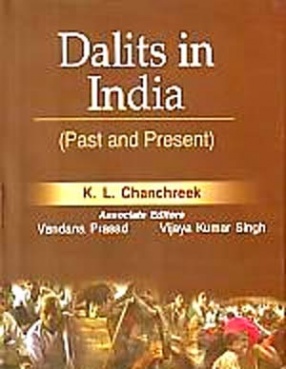
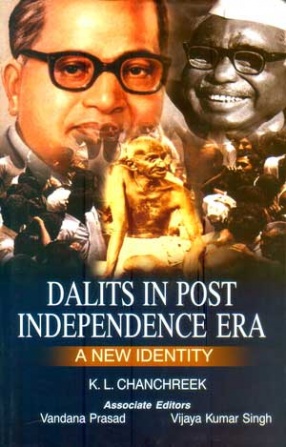
The present study “Dalits in Post Independence Era” focuses on the various trends and phases of New dalit Identity, having its roots in the rising Indian nationalism when the nation was fighting for freedom from the British yoke. The 20th century Dalit organizations and Dalit leaders, prominent being Dr. Ambedkar and Babu Jagjivan Ram and few others revolutionized, influenced and changed the entire course of Dalit Liberation Movement as a multifaceted ...

The present study ‘Dalits in Colonial Era’ is an elaborate and comprehensive account of British Era Dalit Awakening which leads to their liberation and new identity. The study focuses on the early Socio-Religious Reform Movements, besides Phule’s Dalit-Educational and Social Movement as well as Non-Brahman Movement of the South. This study also traces the contributions of the first generation Dalit Activists and Leaders who ...
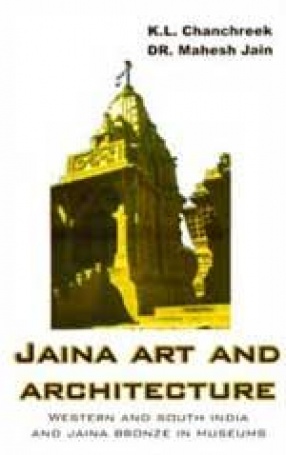
The present book Jaina Art and Architecture: Western and South India and Jaina Bronzes in Museums is a representative collection of studies on Jaina Art and Architecture. Each contributor is well known for his interest and authority on the subject who has discussed plan. Design and style of Jaina magnificent structures of great religious, cultural and historic value. Jaina Art and Architecture having long and continuing rich tradition also flourished in various ...
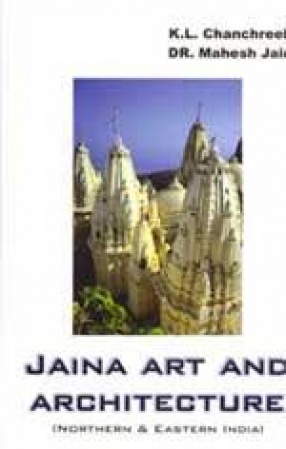
The present book on Jaina Art and Architecture: Northern and Eastern India, based on the scholarly studies and researches of learned art historians, museologists and archaeologists, traces the historical as well as mythological concepts of Jaina Art besides religious touch and symbolism in ancient Jaina Sculpture, focusing attention on Northern and Eastern India. The study begins with the introduction of Jaina image worship and Jaina architectural tradition in ...

The present volume deals with the antiquity and historicity of Jainism which attracted the attention of Indian and foreign scholars interested in the study of Jaina religion and philosophy. The book, based on earlier researches and studies traces the long history and a large continuing presence of Arhat tradition whis is pre-Aryan, as also proved by the finds during the excavations of Mohen0JO0Daro and Harappan sites and references in Dharama-Shastras. In ...
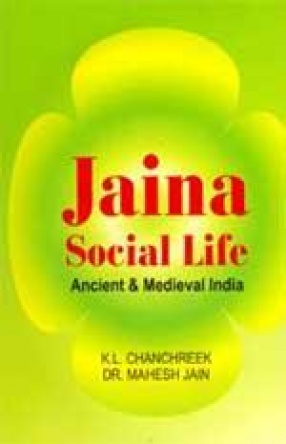
This a study of jaina Social Life in Ancient and Medieval India. The Jaina society had always been dynamic and value based. It is a fact Mahavira never differentiated between Aryans and the non-Aryans, the rich and the poor, the peasants and the business community while addressing his sermons. The great teachers religious discourses were for all. He even admitted despised Mlechchas and low caste people in Jaina church. As such Jainism never attached importance to ...
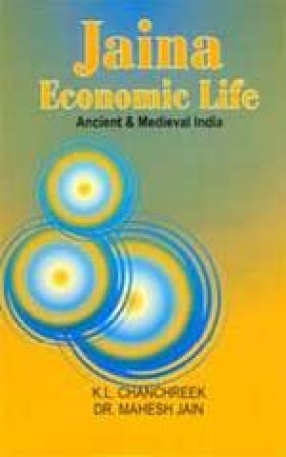
The present study ‘Jaina Economic Life: Ancient and Medieval India’ traces how people earned their livelihood through agriculture, farming and trade. According to Jaina texts Samaraiccakaha, Kuvalayamala, Upamitibhava-prapanchakatha and several other works agriculture was the important source of earning. Peasants were the backbone of the society. There were both small farmers and big landlords. Jaina texts give information about the earlier agricultural ...

Shudras are the lowest in the institution of Varna (caste) system. It is an exclusively Indian phenomenon, created to maintain a gradation in Hindu social order and broaden the scope of enslavement serfdom. In the Aryan social life the biologically unscientific and artificial caste system was not the growth of a single age, it took centuries to reach in its present form. Varna system became so deep rooted that it gave rise to social injustice and colossal vice ...
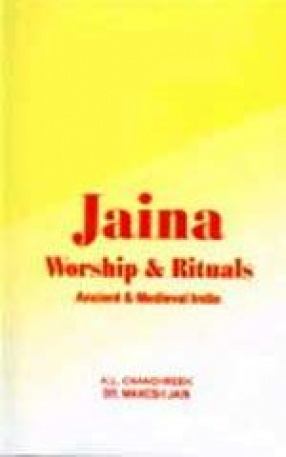
The present study "Jaina Worship and Rituals" traces the Jaina way of worship, observance of specific rituals and fasts, besides celebration of fairs, festivals and festive occasions since ancient days. Jains only worship five worshipful ones, alongwith some godlings-specifically Yaksha and Yakshis who are 48 attending guards of the 24 Tirthankaras. Through worship, observance and participating in institutionalized festive occasions, the majority of ...
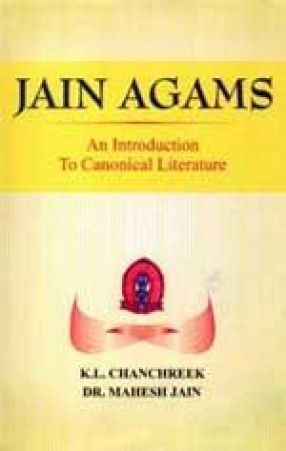
The Present study " Jain Agamas : An Introduction to Canonical Literature" is a prolegomenary description of Jaina scriptures. In fact, Jain canon which developed through centuries and by stages took a literary and philosophical form during ten centuries from Mahavira's salvation. The Ganadharas and Jaina Acharyas have made rich and unique contributions to Jaina religion, philosophy, literature, logic, astronomy, history geography, economics, ...

The present study traces the historical evolution of the Jaina religion and the long chain of its twenty four Tirthankaras beginning from Rishabha Deva, the first Tirthankara. Historically, Jainism is the oldest religion of the world. According to Jaina scriptures Jainism is eternal and has been revealed time and again by the Tirthankaras. Besides tracing the antiquity and emergence of Jainism, this volume, elaborately discusses the life and philosophy of ...

The scriptures and other religious literature were for the rich and the elite class. The path of Bhakti and the hymns and verses of nirguna bhakti saint poets were meant for the lower classes, the shudras. This publication on Sant Ravidas and other Shudra saint-poets traces the origin and growth of the 'nirguna bhakti cult', which became a movement of universal brotherhood, love to humanity, social unity and emotional integration in a transitional period of ...

‘Encyclopedia of Jain Religion’ is a multi-volume elaborate study of this oldest religious sect. This Encyclopedia has been designed to cover a wide range of Jain religious thought in a systematic manner, theme wise and serves as an authentic reference tool. In the new millennium this is perhaps the first systematic study of Jain religion. Volume one of this Encyclopedia deals with the antiquity and historicity of Jainism which attracted the attention of ...

Jyotiba Phule (1827-1890), a mali by caste was a leading social reformer, educationist, peasant and Dalit Leader of the 19th century. Being a Shudra, he was a victim of Hindu orthodoxy, untouchability and caste barriers, in his youth at Pune. A Pioneer of anti-caste movement, he started the non-Brahmin movement in Maharashtra, which awakened the dehumanized and socially abused classes. He founded the Satya Shodhak Samaj and carried out the movement of social ...

The present publication ‘Babu Jagjivan Ram: A Nation Builder’ (1908-1986), in two volumes contains his biographical study, social and political philosophy as well as selected speeches and writings highlighting his grand personality as a national leader, parliamentarian and statesman. As a top freedom fighter blessed by Mahatma Gandhi and appreciated by Jawaharlal Nehru, his life long struggle for the social-political rights of the millions of Depressed ...

Bharat Ratna Dr. B.R. Ambedkar (1891-1956), a born rebel, is the builder of modern India. He drafted independent India’s constitution. Educated in USA and UK, he is revolutionary and statesman who fought for the socio-political rights of millions of untouchables. He is the most honoured crusader of 20-century against rigidities of India’s peculiar caste system and practice of untouchability. As a radical humanist in his thought and action he rebelled against ...


Some important Jaina Sutras in Prakrit language were translated into English by Prof. Hermann Jacobi, a learned scholar of the West. His translation of Jaina Sutras created a profound influence and interest amongst Western scholars towards Jainism, one of the oldest religious of India. These Sutras originally were edited and published by Prof. (Dr.) F. Max Muller, the renowned Sanskrit scholar and Ideologist at Oxford, a century Age. The present publication ...
